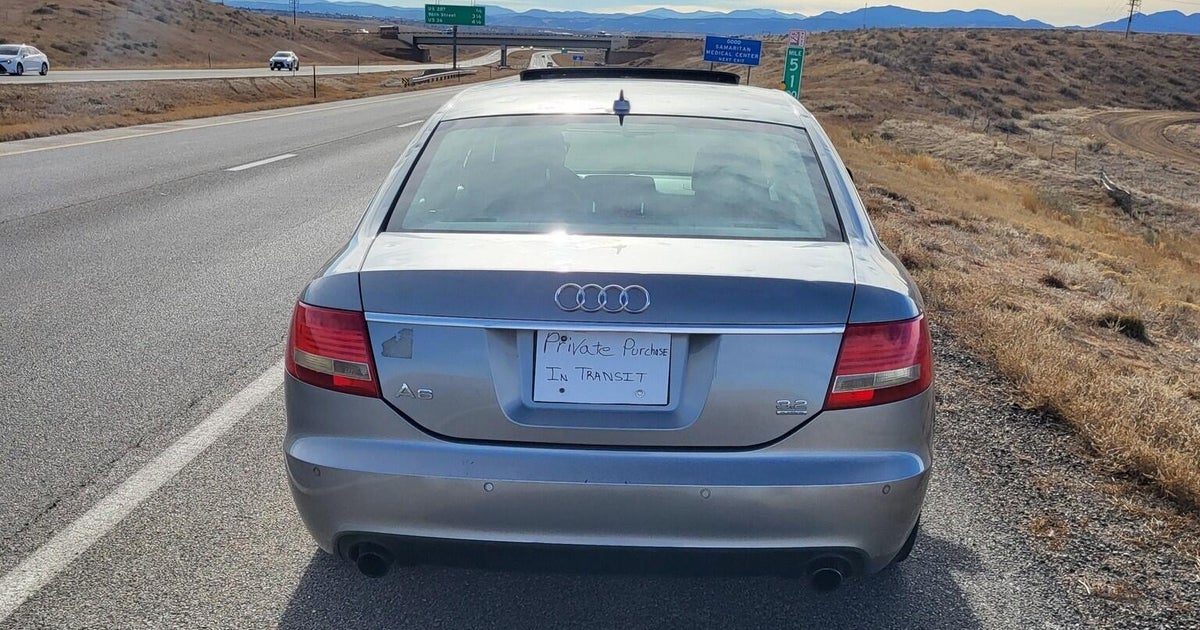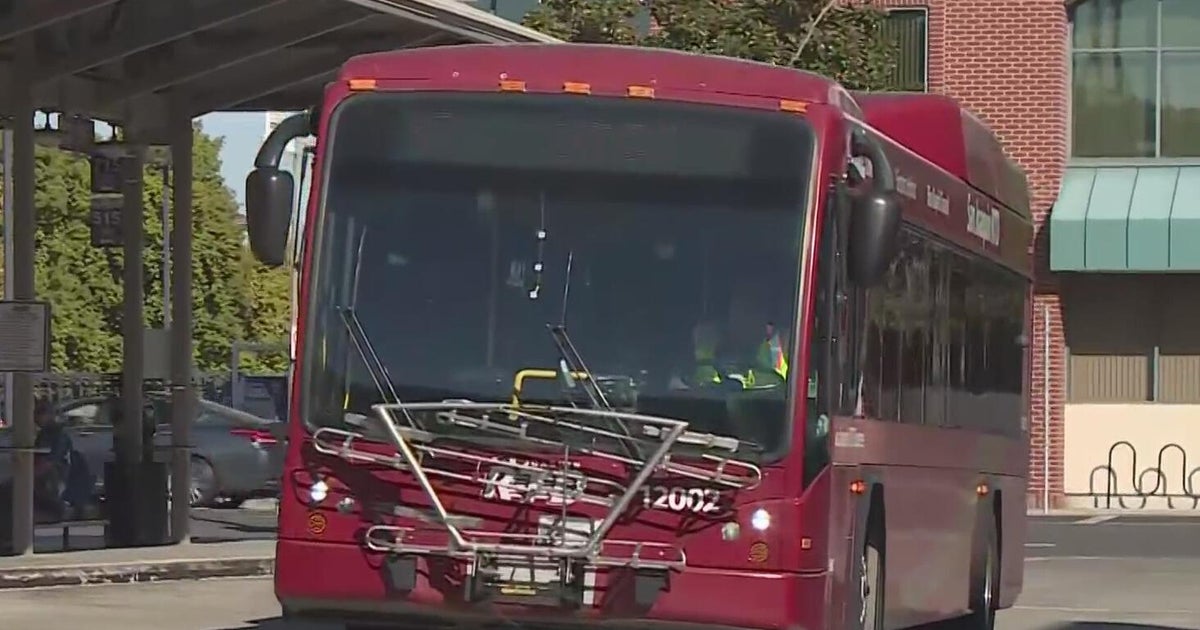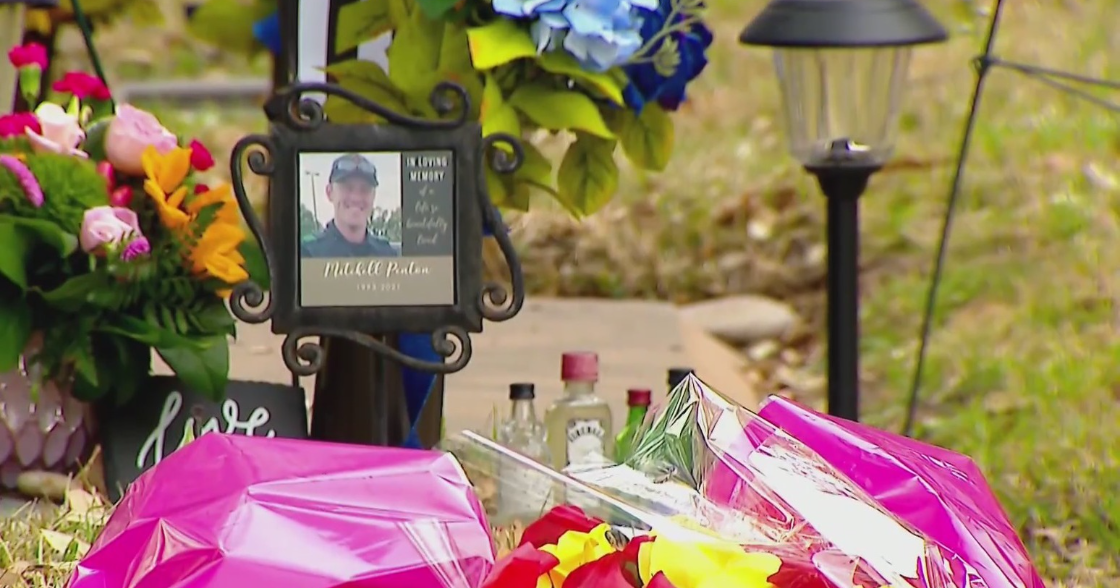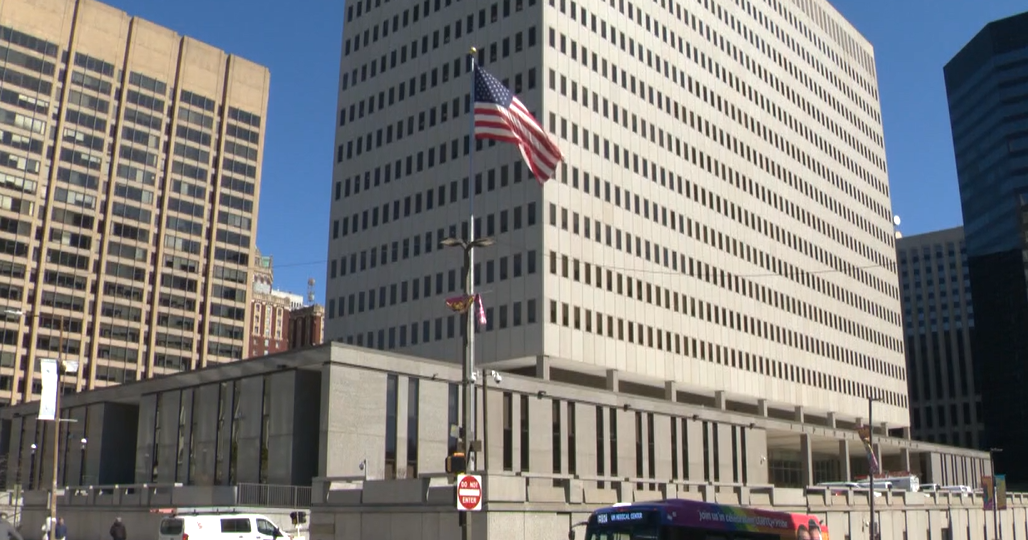Mediator Selection In San Bruno Explosion Settlement Talks Draw Mixed Reaction
SAN BRUNO (CBS SF) - Former Sen. George Mitchell has been selected by the California Public Utilities Commission to mediate negotiations with PG&E over fines and penalties related to the 2010 gas pipeline explosion in San Bruno.
Mitchell, a 14-year senator from Maine who served as a special envoy for the Clinton Administration during peace negotiations in Northern Ireland in 1998, has agreed to serve as a mediator in ongoing talks between the CPUC, PG&E, the city of San Bruno, and individual victims of the explosion.
PG&E is facing multiple lawsuits and could pay fines of between $200 million and $2 billion for pipeline safety violations that caused the Sept. 9, 2010 explosion and fire in the Crestmoor Canyon neighborhood, which killed eight people, injured scores more and destroyed 38 homes.
KCBS' Jeffrey Schaub Reports:
"We are very grateful to Sen. Mitchell for agreeing to devote his skills as mediator to this difficult and painful series of cases," CPUC President Michael Peevey said in a statement.
"We are confident Sen. Mitchell can help achieve a solution that will resolve these cases sooner rather than later, bring justice to the good people of San Bruno, and move California forward to our goal of a much safer natural gas system," Peevey said.
CPUC Commissioner Mike Florio called Mitchell "a truly world-class mediator and peacemaker" and encouraged all of the stakeholders in ongoing talks "to make a good-faith effort at a negotiated solution."
PG&E released a statement Monday afternoon in support of the CPUC's decision to hire the former senator.
"Sen. Mitchell has a distinguished career, including presiding over complex negotiations," the statement said. "We are committed to working with Sen. Mitchell and the Commission to achieve a fair and comprehensive settlement of these issues."
It was clear, however, that support for Mitchell was anything but unanimous.
"The big problem here is that a backroom deal was made to go into mediation and to choose a mediator," alleged Mindy Spatt, communications director for The Utility Reform Network (TURN).
"TURN and the other parties were not consulted about whether or not mediation was appropriate, nor were we consulted about who the mediator should be," she added.
"A decision about a mediator should not be made behind closed doors," Spatt continued. "Especially when the mediator chosen is a mediator with longstanding ties to utility companies. It gives consumers the wrong impression. Consumers are looking for a transparent process that holds PG&E accountable, not a backroom deal to let PG&E off the hook."
Any agreement between the parties that results from the mediation process would be publicly filed with the CPUC and considered by the commissioners in an open meeting.
Fees or costs associated with the mediation process would be paid for by PG&E stockholders, according to the CPUC.
(Copyright 2012 by CBS San Francisco and Bay City News Service. All Rights Reserved. This material may not be published, broadcast, rewritten, or redistributed.)







